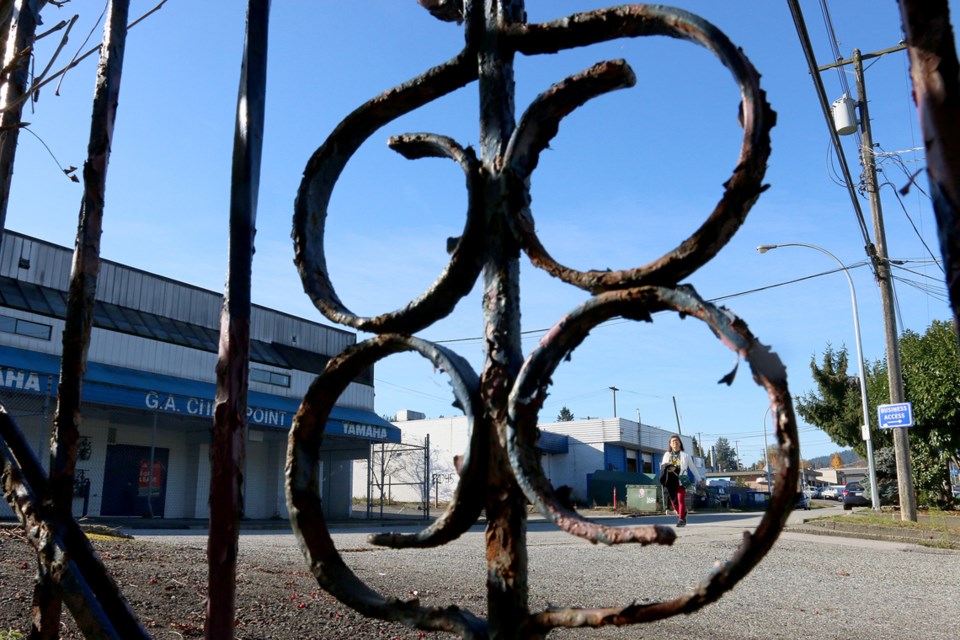The Editor:
What's an urban planning department to do when city residents register far more skepticism than enthusiasm toward their plans for dense population growth and high-rise construction? Pull the brake? Steamroll through anyway to grant the big official community plan (OCP) and zoning changes that aggressive builders are demanding?
That's the dilemma here in beautiful — and beautifully divided — Port Moody, which is currently updating its OCP.
We’re poised to move the city's future in either of two dramatically different directions.
City Hall just released a massive community poll on growth issues. The survey reached most homeowner and renter households, and the more than 1,800 responses that came back tell a tale of two city visions.
First, a significant share — perhaps 20-25% — seems basically fine with watching Port Moody densify quickly and remake its downtown with towers. As much as a quarter of all residents could be described as fundamentally pro-build, expressing few concerns about possible downsides of growth.
And a larger share seem open to some additional residential multi-family and rental housing downtown: clearly, most residents are not strictly "anti-growth,” just wary about how much and how fast.
Most residents believe revitalizing the city's sagging economy in clean sustainable industries is a priority, and most (62%) agree the best place to rebuild Port Moody’s business district and jobs centre would be the Moody Centre Station TOD neighbourhood in central downtown.
Beyond that pro-jobs consensus, however, residents turn pessimistic about the city’s future livability. A stunning number anticipate awful traffic and congestion (94% concerned, 80% "very"), wear-out of city parks (92%), excessive high-rise towers (78%), a weakened sense of community (68%), and more crowded access to city facilities and programs (81%). Ugh.
With so many residents wishing to slow down, the question becomes whether city officials will listen, updating the community plan to reflect the public’s preference for moderate growth.
In PoMo we’ll find out if the Charter provisions for community input into city planning actually make a difference. Or whether this is all just window-dressing on a process stage-managed by the province's all-powerful building industry.
Jeff Poste
Port Moody



